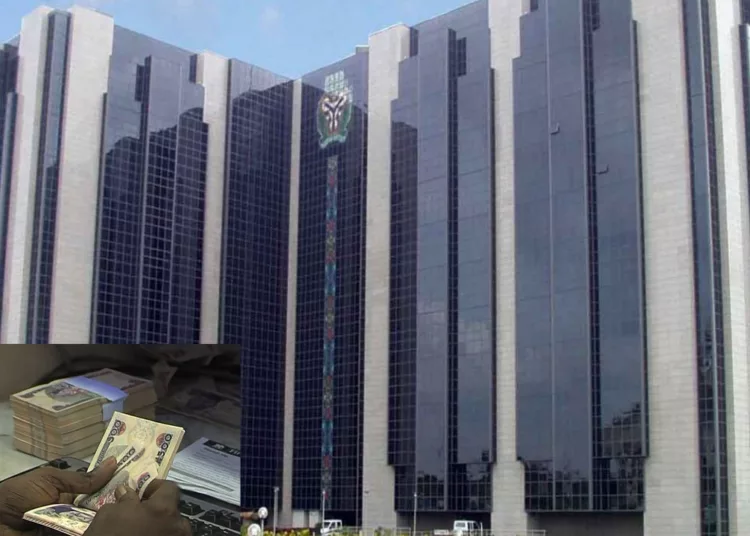Following the latest rake hike by the Monetary Policy Committee(MPC) of the Central Bank of Nigeria (CBN), international rating agency, Fitch Ratings said, it expects banks in the country to record an increased profitability that is hinged on improvement in net interest margins.
The rating agency, while commenting on the rate hike said, profitability of banks in the country will benefit from a marked increase in net interest margins (NIMs) driven by recent increases in the monetary policy rate.
This is as the Nigerian Association of Chambers of Commerce, Industry, Mines, and Agriculture (NACCIMA) has expressed concerns over the recent hike of the country’s Monetary Policy Rate (MPR), also known as interest rate, from 22.75 per cent to 24.75 per cent by the CBN, noting that the change will come with unintended negative consequences including higher inflation among others.
The CBN had increased the monetary policy rate by 200bp to 24.75 per cent and maintained the cash reserve ratio (CRR) requirement for commercial banks at 45 per cent of naira deposits on 26 March in an effort to control inflation and support the naira.
Inflation accelerated to 31.7 per cent in February from 29.9 per cent in January.
This was the second rate increase in a month, following a 400bp increase on 27 February, when the CRR requirement was raised to 45 per cent from 32.5 per cent. The notable tightening of monetary policy marks progress in Nigeria’s efforts to contain inflation and support a more market-determined exchange rate.
The rate rise, it stressed, accompanies a sharp increase in fixed-income yields since the large naira devaluation at the end of January, adding that, high proportion of fixed-income securities held by the banking sector is short-term, so the increased yields will quickly feed through to higher asset yields, even as asset yields will also benefit from most loans being variable-rate, enabling upward repricing in response to rising interest rates.
“However, we expect banks to exercise caution in fully passing on higher rates to certain customers in view of potentially burdensome debt servicing costs, particularly given the challenging macroeconomic conditions. Funding costs will be less responsive to higher interest rates as a high proportion of customer deposits at most banks is in current and savings accounts. As a result, NIMs will widen markedly in 2024.
“The sharp increase in the CRR requirement in February will not have a significant impact on NIMs as many banks’ CRRs were already close to 45 per cent and low-yielding CBN-issued special bills have been repaid in the form of cash reserves. Nevertheless, the high CRR requirement is a significant constraint on NIMs, and further increases could exacerbate the impact,” it pointed out.
Noting that banking sector loan quality risks remain elevated due to the large devaluation of the naira, Fitch stated that, “higher debt servicing costs will add to existing loan quality pressures but we expect pre-impairment operating profits, which will benefit from wider NIMs, to be sufficient to absorb higher loan impairment charges given that net loans were just 35 per cent of domestic banking sector assets at end-3Q23.”
Meanwhile, it noted that, despite the clearing of the foreign exchange backlog, foreign exchange “pressures persist due to negative real interest rates and low forex market confidence. Tighter monetary policy and the CBN’s progress in clearing the backlog of FX forwards has driven a modest recovery in the naira, to about N1,300/$ on 27 March from about N1,600/$ at end-February.
“This has caused foreign-currency risk-weighted assets to deflate in naira terms and provided some support to the banking sector’s capitalisation. Fitch expects the CBN to continue tightening policy in the near term. However, naira depreciation risks, and therefore risks to the banking sector’s capitalisation, remain given that interest rates are still negative in real terms and it will take time for investor confidence to return fully to the forex market.”
Meanwhile, in response to the MPR and Cash Reserve Ratio (CRR) increases by the CBN, the National President of NACCIMA, Dele Oye, advised that the CBN’s policies should be recalibrated towards addressing the excess liquidity primarily stemming from the public sector’s borrowing habits and expenditure.





